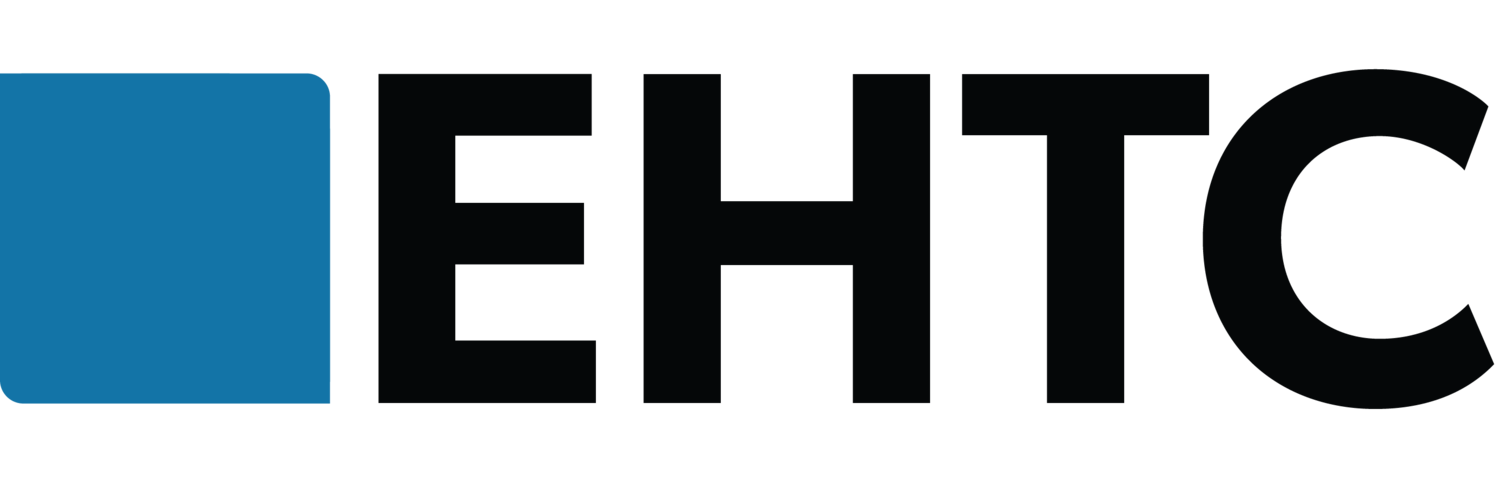5 Tips for Hiring Smart This Summer
Many small businesses are having trouble finding high quality candidates to hire that will be a good fit for their company. As summer approaches, the demand for jobs and the need to hire ramps up. Here are five-plus tips that tell you all you need to know in order to compete with other employers and identify candidates who will be the right fit at a reasonable cost.
5 Tips for Hiring Smart This Summer
1. Seek employee referrals from within your own organization.
Hiring from the inside is a great resource for new employees right within the workplace. Ask current employees if they have recommendations and references for open job positions— you can even offer bonuses for doing so. One thing to keep in mind is employees suggesting friends and family that have checkered work histories. Make sure you still properly interview and vet each prospect.
2. Provide further training to your existing workers.
With employee training and education, you have the opportunity to upskill employees that you already have and know. For federal tax purposes, companies can generally deduct the cost of courses or seminars that employees attend to maintain or learn job-related skills which is a win-win. The write-off isn’t limited to tuition as it also covers the cost of books, supplies, and certain travel costs. (The education must be related to the job as there are limits to these deductions.)
3. Utilize technology to expand your reach.
Social media, job boards, google ads, updated websites, and advertising online all help to get the word out that your company is hiring. You want it to be abundantly clear online that you are seeking employees. You need to make sure your job listings are visible on websites where job applicants are likely to visit. If you want to attract younger part-time employees you may target social media platforms such as Instagram and Snapchat whereas LinkedIn is more appropriate in finding higher level full-time employees. You may also consider posting to college recruitment sites and in local businesses.
4. Partner with schools in your area.
When looking for external candidates, you can partner with educational institutions including: public high schools, vocational and trade schools, community colleges, and universities. This will give you the opportunity to draw from a large labor pool while allowing your company to advertise part and full-time openings, learning opportunities, internships, apprenticeship programs, and more.
5. Create and offer internship programs.
Internships are a great opportunity to bring new talent into the mix as well as allowing new graduates a chance to gain work experience in a professional setting. Businesses generally designate a mentor to supervise interns for a set time period. Internships never guarantee a future job position but can open the door for a future job or connection down the line.
As you seek out employees and interns this summer, keep these seven tips in mind so you can skip the unnecessary headaches of hiring a bad fit. Remember to be assertive in your search as it will help you hire the right kind of employees and accurately convey what you’re looking for.
Knowing the difference between interns and part-timers:
The Department of Labor (DOL) draws an important distinction between part-time employees and interns. Under the Fair Labor Standards Act (FLSA), employees are entitled to the current minimum wage standards set by the government. However, there's no FLSA minimum wage requirement for interns. One of the biggest differences is interns are not promised compensation whereas part time employees are paid.
The DOL recently updated its primary beneficiary test which emphasizes certain "economic realities," to include these seven factors when an intern does not receive the minimum wage:
-
Whether the intern and the employer clearly understand that there's no expectation of compensation. Any promise of compensation, express or implied, suggests that the intern is an employee (and vice versa),
-
Whether the internship provides training that would be similar to that which would be given in an educational environment, including the clinical and other hands-on training provided by educational institutions,
-
Whether the internship is tied to the individual's formal education program by integrated coursework or the receipt of academic credit,
-
Whether the internship accommodates the individual's academic commitments by corresponding to the academic calendar,
-
Whether the internship's duration is limited to the period in which the internship provides the individual with beneficial learning,
-
Whether the intern's work complements, rather than displaces, the work of paid employees while providing significant educational benefits to the intern, and
-
Whether the intern and the employer understand that the internship is conducted without entitlement to a paid job when it's completed.
No single factor on its own will determine the outcome. The decision to treat a worker as an employee or intern is based on the circumstances.
Want to know about our work culture and careers here at EHTC? Take a look at our career’s page and contact us.
About EHTC
EHTC is a dedicated, full-service CPA firm in West Michigan that focuses on helping clients to achieve their full potential through comprehensive accounting, finance and tax services. We are a local firm with large firm resources, using a team approach to proactive client service that helps our clients gain a competitive advantage through our ability to develop strategies and present realistic solutions that build value.

